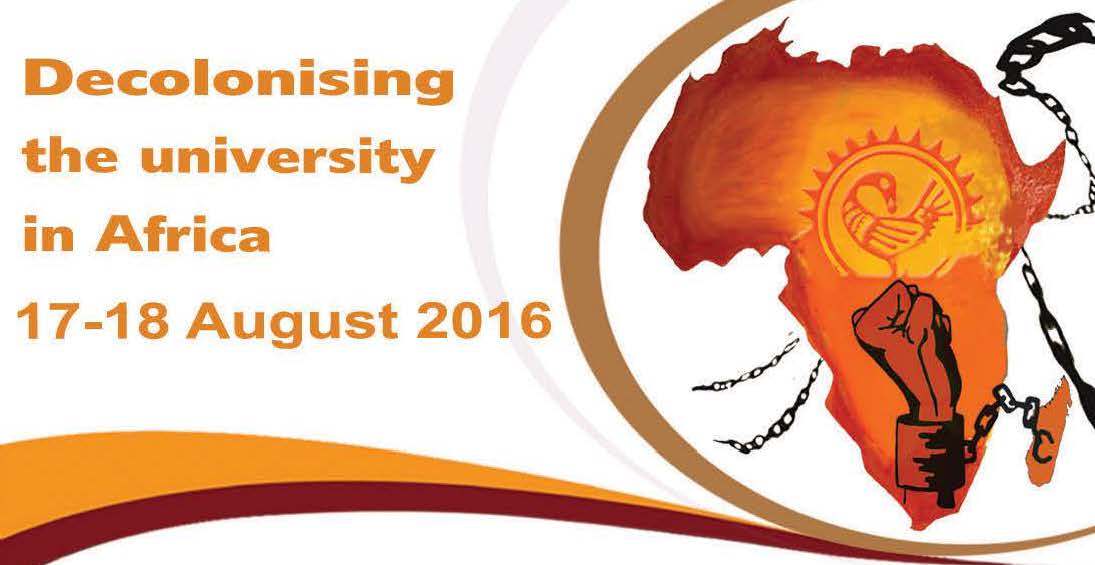
The racialised gender gap in Science, Technology, Engineering and Mathematics (STEM) disciplines raises critical concerns around black women’s economic empowerment and the political nature of scientific enquiry. Scientific endeavour needs to be demythologized as a white male achievement. This paper proposes that black South African women scientists practise ‘border thinking/sensing/doing’ (Mignolo, 2007) because they experience the world as an outlier group; paradoxically positioned within an interstitial space between their dual sense of belonging to and alienation from a marginal group (as black women and first generation students whose families have scarce financial resources) and an elite group (as scientists, as graduates, possibly as members of a new political elite). Using a narrative method inquire into the lives of fourteen graduate students and new professionals, the focus is on how young black women navigate institutional and disciplinary spaces that have historically been dominated by white masculinities. The findings indicate that these women were unable to create ‘epistemic de-linking’ (Mignolo, 2007) in STEM disciplines due to their positionality within the ‘matrix of oppression’ (Collins, 2002), necessitating the need to envisage a decolonial universityin Africa that advances new cultural productions in science.
Keywords: Historically White Institutions (HWIs); Decolonisation; Black women in STEM fields; Narrative inquiry; Intersectionality.
References
Crenshaw, K. (1991). Mapping the margins: Intersectionality, identity politics, and violence against women of color. Stanford law review, 1241-1299.
Collins, P.H. (2002). Black feminist thought: Knowledge, consciousness, and the politics of empowerment. London: Routledge.
Mignolo, W.D. (2011). Geopolitics of sensing and knowing: On (de) coloniality, border thinking and epistemic disobedience. Postcolonial studies, 14(3), 273-283.
